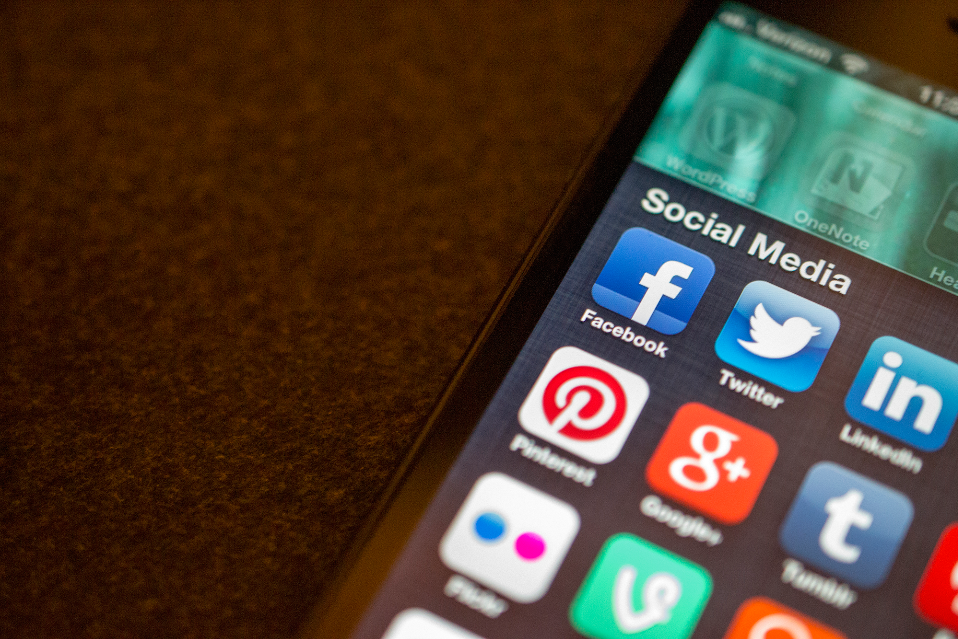They don’t say

While social media has been around for decades, it has only recently started to gain popularity through various memes and viral videos, such as the dog pants and “D*mn, Daniel”. Photo attribution to Jason Howie on Flickr.

By Angela Lee, junior opinion editor
While social media has been around for decades, it has only recently started to gain popularity through various memes and viral videos, such as the dog pants and “D*mn, Daniel”.
Some people may say that the growing user base for social networking platforms are causing people to become more sarcastic as time progresses. Internet-famous memes, such as “You Don’t Say” and “Look Out, We’ve Got A Bada*s Over Here” circulating throughout the web radiate sarcasm. Are these memes supporting the argument that social media is really making us more sarcastic as a generation?
Or does this relatively new filterless world, where people may hide behind screens and say whatever they want, show the true side of the human race?
“Social media is making us more sarcastic because it is always looking to grab our attention, and using a sarcastic tone will make us want to engage in the post that we make,” junior Gustavo Mendez said.
Social media allows people of all ages to argue over controversial topics with their own opinions on the matter and witty, sarcasm-filled comebacks.
Now a freedom that most people have taken advantage of, both memes and viral videos, such as the Zombie Apocalypse girl and the Batman Uber prank, have gained popularity because of their sarcastic contents and occasional rudeness or dumbed-down sentences.
Some may have the opinion that social media makes us more sarcastic because people don’t speak their minds often when they are in a face-to-face conversation with someone in real life. However, arguments start almost every day over racist, homophobic, sexist, or just plain, rude “jokes” people wrote on the Internet. These “jokes” are all in the name of sarcasm and likes.
This may lead people to believe social media is the problem, but this opinion is not the only one standing.
“I think social media is not making us more sarcastic because how does something you see on Facebook that is a meme that’s supposed to be funny, or a picture on Instagram, make you more sarcastic? It doesn’t change anything,” junior Maria Koutmanis said.
Social media is not making us more sarcastic because people don’t suddenly become sarcastic when given the ability to update one’s status, upload a picture on Facebook, replay someone’s Snapchat story, or put a caption to a picture on Instagram. People have always been sarcastic, and letting it out on the Internet is merely more convenient and appropriate than showing it in real life and coming off as arrogant and not funny.
It is a reflection of who people are, and how people deal with everyday situations. Humans do not put up a fake persona in real life. By following the same logic, they do not change or make themselves seem better online to their friends and family that look at the things they share and know the person as how they really are.
People are as sarcastic or unsarcastic online as they are offline, and social media does not change that. It simply shows others how the person is in their everyday lives.
